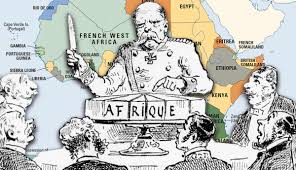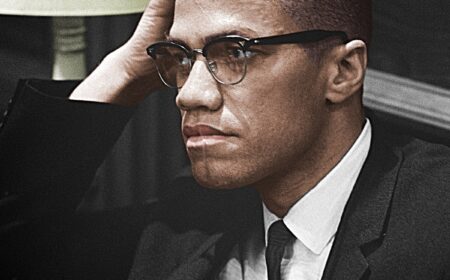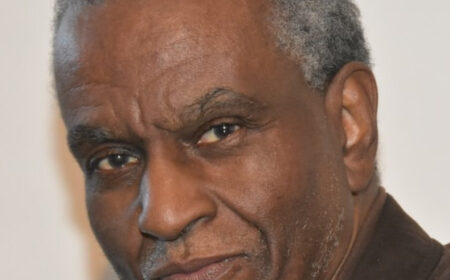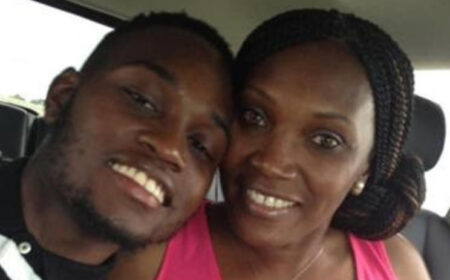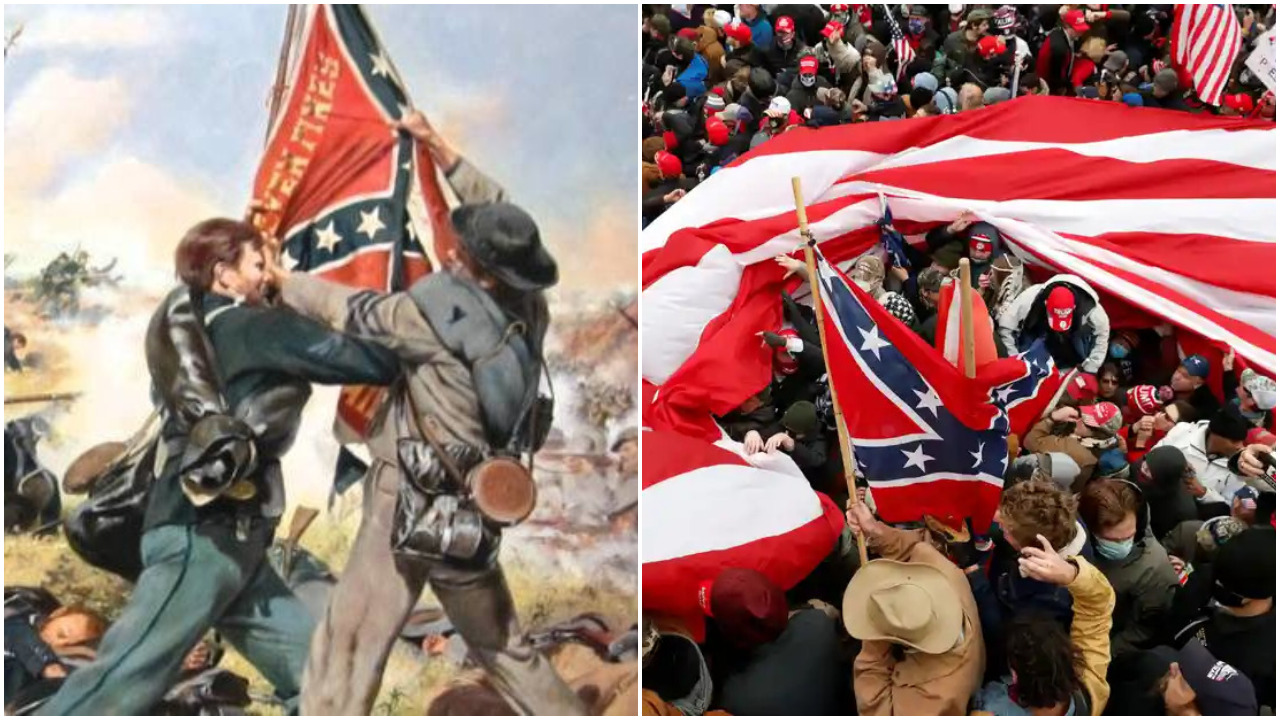Inside Black and Nobel, Philly’s still-thriving black-owned bookstore
Hakim Hopkins wants to be clear: His place will always be a bookstore.
Black and Nobel, Hopkins’ shop at Broad and Erie, is weathering industry shifts. Brick-and-mortar black bookstores have become rarities, hit hard by online shopping and e-books. The African American Literature Book Club maintains a directory of black-owned bookstores, by state. Out of the three establishments listed for Pennsylvania, only two remain open: Hakim’s Bookstore and Gift Shop in West Philly, the oldest African American bookstore in the country, and Black and Nobel.
Hakim’s (Hopkins was named after its founder) is open part-time, four days a week. Black and Nobel — the second part of the name, commonly pronounced “Noble,” is really meant to sound like the estimable prize — is open seven days a week. However, books aren’t the only thing sold there.
Inside the store, shoppers can pick up DVDs, wooden sculptures, flags from countries throughout the Black Diaspora, clothing, smoothies and shea butter. The latter two are huge sellers; Black and Nobel manufactures its own sea moss drinks and products with plants imported from Caribbean islands like St. Lucia and Belize.
“Health and wellness keeps us open,” said Hopkins, “but the books are a foundation — everybody knows us as ‘the bookstore.’”
Both are products not readily available anywhere else nearby. “You don’t see that in the hood,” he explained. He offered, for comparison’s sake, the idea of a sushi spot opening on the corridor. “If someone came to Erie Avenue and opened a sushi restaurant, the line would go all the way to the bus stop.
“Because we’re a bookstore, it’s a big deal for people,” he said. “I’ll always sell books, whether it’s slow or fast.”
In an article for Black Perspectives, the blog for the African American Intellectual History Society, University of Baltimore history professor Joshua Clark Davis evaluated the black bookstore as not simply a book retailer, but as a locus for Black Power.
“African American booksellers were much more than small business owners,” Clark wrote. “In the late 1960s and 1970s, a successful black bookstore could bring together the campaigns for black politics, black arts, black studies, black community control, and black economic empowerment into the space of a single business. In so doing, these activist entrepreneurs realized Black Power’s goals for self-determination, and they helped to redefine what black businesses could and should be.”
Hopkins would concur with this argument, but he also thinks the digital age and political climate are changing the customer base. He pointed out that he doesn’t always know what color his online shoppers are. He set up a table at the Women’s March in DC, where he sold health products and tees.
“I sold out of everything, and it wasn’t too many of us there, as far as black people,” he said. “People were buying black culture that weren’t black… I think we’re living in a different time. People are coming together more now than ever.”

Yep, you can still find CDs here, too.
Before you enter the bookstore, vendors greet you outside.

Mural-lined stairs take shoppers to the walk-up store.
Hopkins says online business is key. The store also maintains an active YouTube presence, where it has nearly 40,000 subscribers.

A man browses inside Black and Nobel.
Hopkins stocks books from mostly independent authors and publishers. He felt inspired to go into the business after voracious reading pulled him through a dark period in his life. He doesn’t like to get into what had happened back then: “I try not to go too deep into negativity.” After participating in a six-week career development program at Temple in 2004, he started vending books downtown and built up the business until he eventually opened a storefront in 2007.

The apparel section.
Before books, Hopkins wasn’t a stranger to vending. He had sold oils, tees and the like. “We come from that hustle mentality,” he explained. “Me and my team, we’ll be setting up at 9:30 to sell hot soup and products at the Gucci Mane show.”

Behind this table, Hopkins keeps stacks of paintings.
Hopkins said he wasn’t unnerved by industry trends. “I’m not bitter at all. I helped develop a lot of talent and artists,” he said. “I can’t be scared, I have to be sturdy.”

The Final Call is the official newspaper of the Nation of Islam.
He said the store’s evolution has been a natural one: “You don’t need to have a book everyday, but you do need to wash your body everyday, hopefully two or three times a day.”

Hopkins, listening intently to a customer.
Inside, it’s not unusual to hear Hopkins having long discussions with customers. The bookstore as a place to hang out and politic — Hopkins loves that. “It’s kind of dying breed, but we’re holding on to it,” he said. “So people can feel human and not nano, not technology. That’s where the world is going. That’s where the world is. We do a mix of both.”

Broad and Erie.
The web domain WeShipToPrisons.com redirects to Black and Nobel’s website. The store, thanks in part to its eye-grabbing signage, has become known for this service. In October 2015, Hopkins told Philly Voice that he was shipping 50 packages to prisons daily. He couldn’t put his finger on a figure when we checked with him. “Every week it varies,” he said.
To Read more Click or Copy link:

